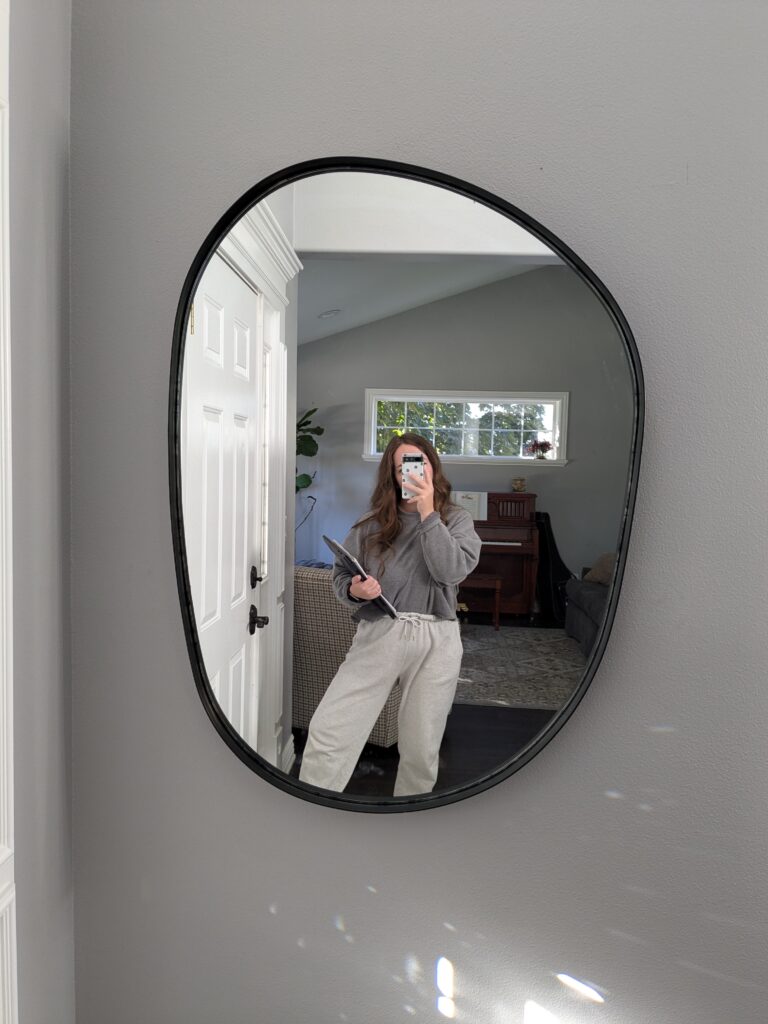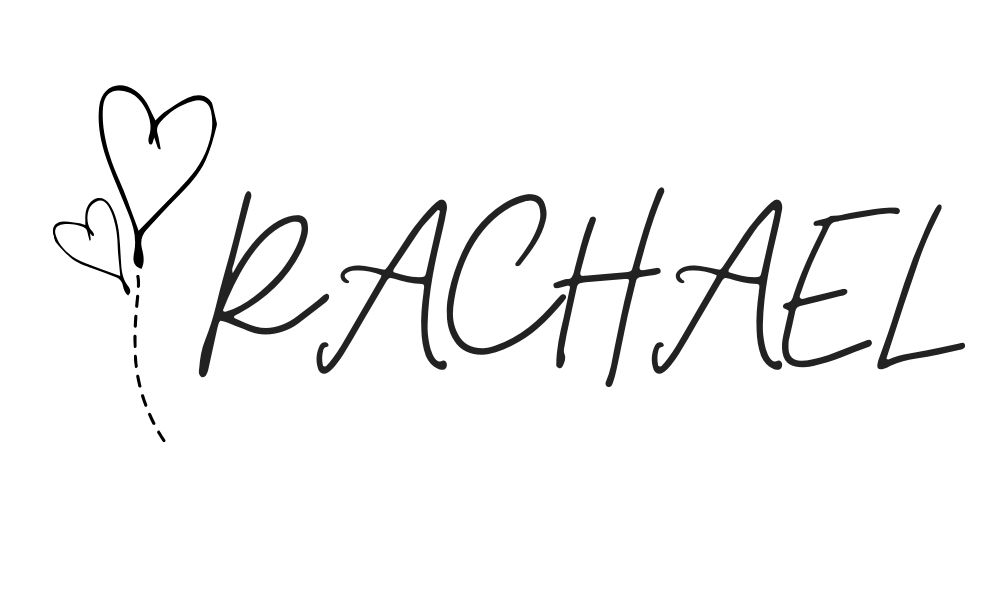This post is about how to become the most powerful person in the room.

We live in a society where it’s popular to complain.
Social media allows us to connect to people with similar problems who “share” our complaining when it’s a problem they relate to. We bring up our problems easily in conversation, because it’s fun to complain and make quick connections.
So complaints get shared, complainers become popular, and society collectively adopts a victim mindset.
It’s very easy to say “Woe is me, life is unfair, and everything sucks.”
The problem is, victim mentality is equivalent to failure.
It’s a failure to take charge and take action.
Failure to control our emotions, behaviors, and outcomes.
What, exactly, controls our emotions, behaviors, and outcomes instead? Here are a few examples I hear (and say) often:
Common power controllers:
The first thing we give control to is other people. We might say things such as:
“No one taught me how to ___”
“YOU make me SO angry”
or, “I hate my job because my boss is a {choose your worst adjective}”
Another common power controller is “Society At Large”. We might say:
“This housing market sucks, we’ll never afford a house”
“I can’t get healthy, American food is trash”
The thing I struggle to give my power to the most is FEELINGS. Most commonly, I say something like:
“I’m feeling too tired/overwhelmed/annoyed, therefore I can’t __”
The problem with giving away our control is that we’ll never feel IN control of our lives if we always blame something for our situation.
Even if the situation turns out good, since we don’t have control over it, we won’t be able to take any credit for the success or replicate it for continuing success.
So either way, victim mentality leads to losing.
The power to succeed:
Actually, it’s in our power to succeed.
We can CHOOSE to be successful.
In fact, we can choose to succeed over and over again.
The more we do, the more our successes will snowball into our wildest dreams coming true.
You and I can become the kind of people who are in control and therefore successful. Here’s how:
First, separate feelings from choices.
It might be really hard at first to recognize that your feelings are not your choices.
It’s difficult because we don’t choose how to feel – it’s just happens. In fact, emotion is helpful – it’s a natural way for us to figure out how to act in order to protect ourselves and survive in society.
When someone starts yelling at us, we feel angry, offended, or overwhelmed. That’s our natural instincts kicking in, telling us to get safe.
Not only are those feelings natural, It’s also natural to feel that we need to fight back in order to get safe. We might have a natural instinct to yell back or even get physical.
But that’s actually just an option, a potential choice.
Another choice is to take a deep breath, talk it out, and reach some understanding. Another choice is to leave the situation. Yet another choice is to cover our ears.
Depending on the situation, each choice will lead to different results. With practice, we can respond to situations in ways that will lead to the results we want.
Now the question is, what results DO we actually want?
Next step: work towards a goal.
If we don’t have goals and values in life that we are working on, it will be hard to decide how to act in each situation to get the results we want.
This has never been more apparent to me than when I became a parent.
At first, I valued “efficiency” because I knew having an efficient home and life would give our family more time to have fun.
Honestly, not a bad goal.
However, one day I found myself doing EVERYTHING for my toddler, from strapping on her shoes to peeling her string cheese. I felt annoyed because I knew she could do these things on her own, but for some reason I had failed to teach her. Why?
The reason became obvious when someone invited me to write down my top “parenting values”.
I realized I had a goal to raise independent children, but my actions showed that I valued “efficiency” more.
Why would I let my toddler put on her own shoes when I could put them on 30 seconds faster?
Once I had written down my goals and values in the correct order, I was able to adjust my behavior to accommodate.
I still value efficiency, which is why I keep kids shoes in one place, easy to reach.
But since I value independence more, I give my toddler time to put on her own shoes, unrushed.
Actually writing down specific goals and values (in order!) makes it easier for us to make decisions, because we know exactly where we are trying to go.
We can even take our biggest goals and break them down into smaller steps, giving us a clear pathway to achieving whatever we want in life.
Once there are goals, and even steps to big goals, we can easily see what it is we need to do every day to reach our goals.
Some of the steps to our biggest goals might include “learn how to do something new” or “figure out the correct question to ask”.
For example, I have a big goal of spending the majority of my time raising kids. But I still want to make enough money to pay for our mortgage. So I need to make X amount of money with only X amount of working hours.
One of my ideas to make this happen is to figure out how to make passive income, thus breaking the bond between my hours work and money earned.
The issue is, I don’t know how to make passive income! But I know who to ask: ChatGPT.
I have a whole post dedicated to the start of my passive income journey, but the takeaway here is this: I started with a big life goal, broke it down into issues and roadblocks I need to overcome, and worked my way down to a problem I could start working on today.
3 Easy Steps to Build ANY Passive Income Stream
Now, be a DOER.
“We are what we repeatedly do. Excellence is not an act, but a habit” – Aristotle
Once we have goals and daily steps, really we just have to do. We just have to follow the plan, act, and then become the person we want to be.
I heard this story once of students in a pottery class. The teacher separated the students into 2 groups: Group A would be graded on one pot, turned in at the end of the semester. Group B would be graded on making weekly pots.
Group A went to work studying pottery, clay, techniques. They brainstormed their perfect pots and planned the day they would craft them.
Group B went to work at the wheel. Without knowing what they were doing in the slightest, they instantly jumped in to throwing clay and creating poor, sad pots.
Can you guess what happened?
At the end of the semester, Group A came confidently to the pottery wheel. They brought notes and plans and plenty of great ideas. But, as it was their first time making pots, their work was subpar. Their pots were sad, saggy, and misshapen.
In contrast, the students in Group B made final pots that were beautiful. They had so much experience at the wheel, they had learned the art and become potters.
The path to becoming our best selves starts by trying our best, today. We get better when we are practicing getting better.
If we want to become an entrepreneur, we start a business.
If we want to have a million friends, we start befriending people.
And if we want to have a dream bod, we eat nutritious food and exercise.
We become whoever we want to be by doing the things that person would do.
Finally, prep for setbacks & celebrate success.
One of my favorite takeaways from the book Atomic Habits is to prepare for setbacks.
As much as we strive to keep daily habits for weeks, months, and years, we will inevitably run into obstacles, setbacks, and potential interruptions. The problem is, if our goal is dependent on us never missing a day, and then we suddenly make a mistake for reasons outside of our control, it’s very easy to give up on the entire goal together. But that’s not how we get better!
Instead, by prepping for difficult days and messing up, we can still keep our goals and continue making progress.
For example, say my goal is to workout every day. But after 20 days of creating this habit, I have the stomach flu.
It would be easy to miss my workout for a week and then never get back into the habit.
Or, I can decide that if I’m sick, doing 1 sit-up “counts” for my daily workout goal. Suddenly, I’m unstoppable. I can easily keep this habit up for years because I have a bare minimum requirement that essentially makes it too easy to give up on!
Another way to help habits stick is to celebrate success, no matter how small it is. This positivity can really boost momentum & motivate us to keep going.
These celebrations can be small, too. Even just saying out loud “Huh, I intentionally chose to react calmly when someone yelled in my face. That’s a win” can remind ourselves of the progress we’re making.
If it starts to feel cocky saying out loud all of our wins, try phrasing the observation with gratitude.
“I am so grateful I have the opportunity to choose calm”
For more on creating habits that stick, check out Atomic Habits by James Clear.
Be patient & powerful.
This will take time, but if we become the kind of people who are making choices, acting, and intentionally working towards a goal, we WILL get somewhere.
I can’t promise we’ll achieve exactly the goal we have in mind, but I do believe that when we aim for the moon, we land in the stars
In fact, I think that by the time we have enough power to reach our current goals, we’ll actually want something bigger – that is, something better for all of human kind.
I’ve observed that many people who become successful end up turning their efforts to serving the greater good.
A great example in my opinion is Elon Musk. On the surface, he can come across as rude or arrogant, selfishly working towards his own goals. Right?
However, he is working on projects intended to benefit mankind, such as an app to streamline everyone’s lives or space exploration. He could be lounging around by a pool all day, but I think it’s human nature to figure out ways to make all of human life better, in our own ways.
Once we have the security of control over our lives, we’ll be able to take care of our basic needs. Then, we’ll have more time to realize we can influence other people for good, and we’ll WANT to do just that.
The more we become aware of what we can do, the more we’ll aspire to influence something greater.
And that, my friend, is the most powerful thing a human can do.
Best of luck becoming the most powerful version of yourself!
